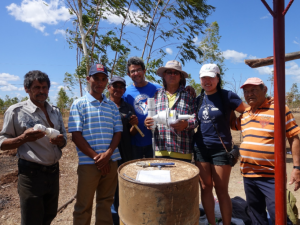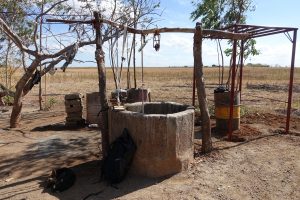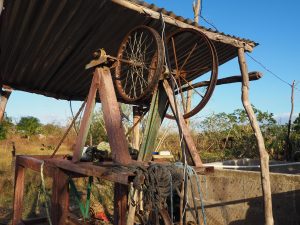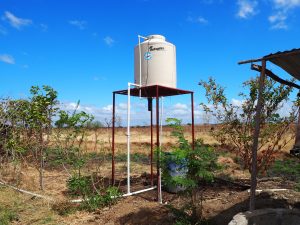Good nutrition is essential for physical and cognitive development and general well being. Nutritional challenges are particularly acute in low-resource settings of the developing world, which are often challenged by growing populations, inadequate infrastructure, limited education, poverty and little access to energy and appropriate productivity, preservation and transport technologies. The result is that millions suffer from shortage of food and/or inadequate nutrients in the foods they consume. Paradoxically, much of the food produced in the world is wasted.
While the root causes of food and nutritional insecurity are complex, engineering solutions to enhance agricultural productivity, food preservation and nutritional content of foods have potential for considerable global impact.
Under this initiative, we are overseeing the following research projects:
Passive Irrigation Controller for Smallholder Agriculture
The Food and Agriculture Organization of the United Nations calculates that agricultural irrigation consumes 70 percent of our global fresh water supply, they further express that 60 percent of that water is then wasted before it is used by crops. An important cause of water waste is the inappropriate scheduling of the irrigation periods leading to over-watering. In developed countries, irrigation scheduling is handled using electronic controllers with either timers or environmental sensors to detect when the crops need to be watered. However, in low-income communities such as Pedro Arauz in Nicaragua, there is not a consistent electricity source to power the controllers, nor the technical expertise or materials to maintain the controllers.
This research aims to design a passive irrigation controller that uses the soil water tension (SWT) to actuate a valve to control the irrigation. This technology will be important for irrigation water management on small scale farms in low-income areas.
Rapid, Low-cost Soil Nutrient Testing
Soil nutrient levels need to be maintained at ideal levels to sustain or increase crop yields and make optimal use of fertilizers. The absence of soil nutrient level analysis leads to overuse of fertilizers, which is not only economically wasteful, but also causes environmental damage. Currently, soil nutrient test kits are very expensive for many in developing nations, are often time-consuming, and/or lack accuracy/precision. Through this project, a sensor that quantifies the concentration of nitrite and other macronutrients in soil was developed, using gold nanoparticles and organic probes, which limits the materials needed and allows for a cost-effective method of measuring macronutrients.
Extracting Nutrients from Food Waste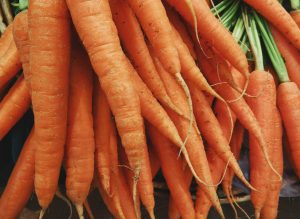
The goal of this research project is to minimize food waste by using carrot pomace as a beta-carotene source. Carrot pomace is a common wasteproduct in many developing world markets, such as India. Up to 80% beta-carotene remains in carrot pomace after juicing. The team developed a method which allows extraction of more than 40% of the beta-carotene left in carrot pomace, followed by a drying method which transforms the extract directly into a powder form that can be incorporation into solid foods.
Food supply chain improvement
This project is focused on understanding the complex interactions among various stakeholders in food supply chains, and identifying optimal supply chain designs for developing countries, with considerations of localization and incentive alignment. Improvements in the food supply chain will reduce the food mileage, resulting in less demand for infrastructure and reduced food waste.
 Novel Food Preservation Coating
Novel Food Preservation Coating
The aim in the project is to develop bio-based coatings that can be directly applied to fresh food products thereby reducing food spoilage, as well as cellulose packaging materials to improve barrier characteristics and recycling. Safe, self-assembling proteins as well as under-utilized fractions of plant biomass such as xylan, are being developed for this purpose.

